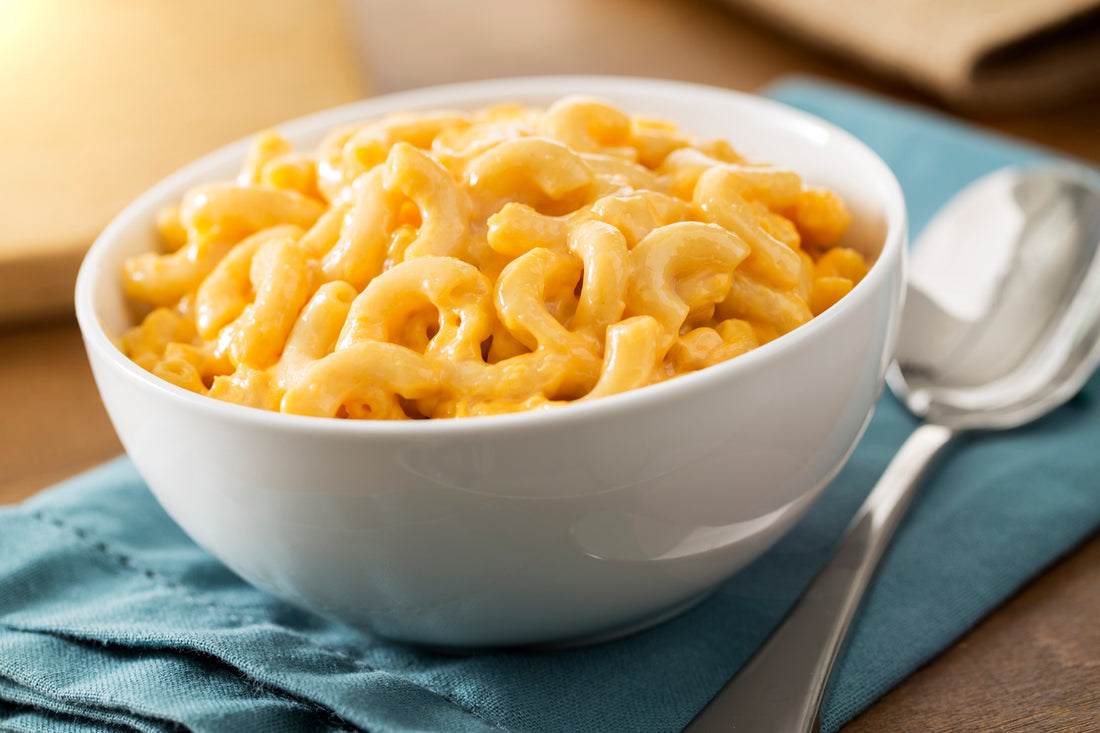
Autism and Casein
Share
If you’ve been doing research on autism or have someone on the spectrum in your life, you may have come across a lot of anecdotal evidence about dietary changes having an impact on certain autism behaviors. There is some potential basis for this, as we know that issues with digestion, which can be brought on by certain foods, affect our gut flora. We also know there is interaction with gut flora and the brain.1 Gluten-free is one of the most common diets you hear of as being autism-friendly, but casein also needs to be considered.
What Is Casein?
Casein is a protein found in the milk of all mammals, even human breast milk. For the most part, people are exposed to it via dairy products. Cheese, in particular, has the highest concentration of casein out of conventional dairy food. In theory, casein and whey are both important sources of amino acids, but whey is digested quickly while casein is digested slowly.
So, what’s the problem? There is a belief that children with autism have difficulty processing certain foods, and casein is on that list. There is also a theory that these proteins lead to certain chemical reactions in the brain that cause autism symptoms. Neither of these are proven, but there may be some truth behind the theory. For example, autistic children, on average, do have more gastrointestinal issues.
The Autism Relationship
It’s important to understand when we talk about casein-free diets is that they don’t necessarily result in a universal quality of life improvement for people with autism. This is why we see some studies that show they have little effect.2 The most concrete knowledge we have is that the brain and gut are linked in some way, and digestive issues affect gut health. The key is to remove certain factors that cause digestive issues for people, and casein is a relatively common factor, although it is not an issue for everyone.
The best thing you can do is to talk to a doctor before making a dietary change to see if you or your loved one has a potential casein sensitivity. Your doctor will then be able to help you determine whether a casein-free diet makes sense.
If you do choose this route, when you are in a situation where you need to rush or have limited options, it can be difficult to pick out a meal that doesn’t include casein or gluten, which many people also try to leave out of autism-friendly diets. In this case, it may be a good idea to have a product on hand like Enzymedica’s GlutenEase™ Extra Strength. This provides essential enzymes to support the body’s natural capacity to digest both casein and gluten. A smoother digestive process can mean less discomfort, including a potential for lower aggravation of autism symptoms. In addition, Enzymedica Digest Spectrum™ may also be of interest. People diagnosed with Autism often struggle with digestive issues, which is why we're proud to say that Digest Spectrum is approved by our friends at The Autism Hope Alliance to address multiple food intolerances.
In many ways, living with autism is a lifestyle change in and of itself, and we still have plenty to learn about it. But for now, having all the tools available is one of the best approaches to doing all you can to lead a comfortable and happy life.
1. Carabotti M, Scirocco A, Maselli MA, Severi C. The gut-brain axis: interactions between enteric microbiota, central and enteric nervous systems. Ann Gastroenterol. 2015;28(2):203-209.
2. Whiteley P, Shattock P, Knivsberg AM, et al. Gluten- and casein-free dietary intervention for autism spectrum conditions. Front Hum Neurosci. 2012;6:344.

